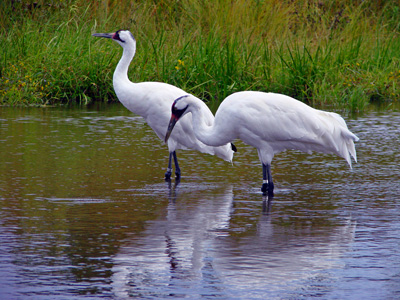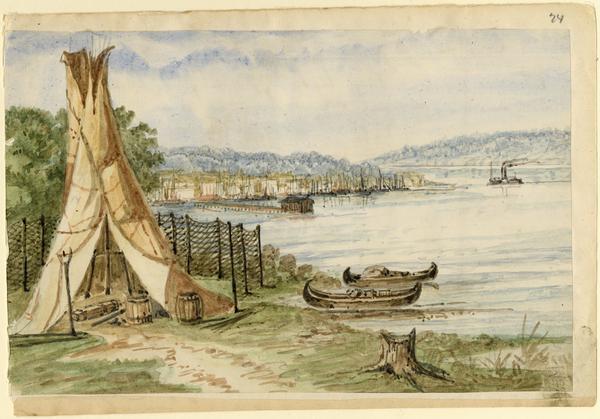Timeline
Did we waste a little more than a century and a half when the Wisconsin Act 118 was signed?
With so many years of effort towards preserving and conserving, Governor Walker signed Wetlands Reform Bill: Wisconsin Act 118. Act 118 calls for the recreation of new wetlands if a wetland was ever used for commercial use. Looking back, wetland drainage has been occuring since the establishment of the Wisconsin Territory and until the early 1940s. Wisconsin was established as a territory in 1836 and later recognized as a state in 1848. The Civil War, in 1865, brought a lot of social as well as environmental changes to Wisconsin. Women contributed to the agriculture; Wisconsin wool replaced southern cotton and Milwaukee became the largest wheat shipper. They later started manufacturing wooden spoons and matches once there were labor shortages.
In 1963, The Seirra Club Wisconsin Chapter was founded to help towards preservation efforts. Another group, Ducks Unlimited, was founded in 1931 by duck hunters. Ducks Unlimited is a an official wetland and waterfowl habitat conservation organization. Duck hunters wanted congress to charge for hunting and by 1937, ammunition and firearms were being taxed. Other groups like the Wetlands Association set out to protect the state’s wetlands through training, educating, advocacy and researching the key issues around wetlands.
Cranes at the Necedah wildlife Reserve
Lake Horicon was dammed in 1846
Horicon Marsh is one of the many wetlands that have been altered for human expansion. It was dammed in 1846 to power sawmill; at the same time Lake Horicon was created. The Diana Shooting Club, a duck hunting group, took over Horicon after the dam was removed. The Horicon Marsh was then restored through the “Horicon Marsh Wildlife Bill of 1927.



